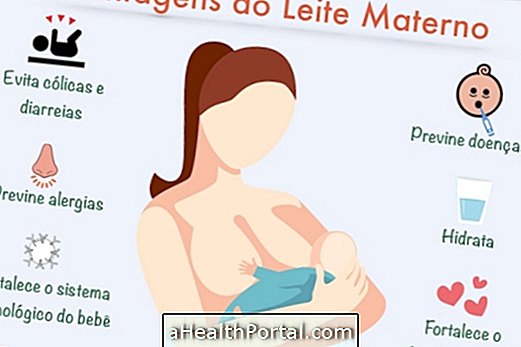To avoid catching Ebola, it is important to follow all Ebola virus prevention instructions whenever you are in locations in epidemic periods.
The main ways of preventing Ebola are:
- Avoid contact with infected individuals or animals, not touching bleeding wounds or contaminated objects, using condoms in all sexual relations or not staying in the same room as an infected individual;
- Do not eat gnawed fruits as they may be contaminated with the saliva of contaminated animals, especially in places where there are fruit bats;
- Wear special protective clothing consisting of impervious gloves, a mask, a lab coat, goggles, a cap and a shoe protector if close contact with contaminated individuals is required;
- Avoid attending public and closed places, such as malls, markets or banks during periods of epidemic;
- Wash your hands often, using soap and water or rubbing your hands with alcohol.


Other important measures to protect Ebola is not to travel to countries such as Nigeria, Guinea Conakry, Sierra Leone and Liberia, nor to border countries, because they are regions that usually have outbreaks of this disease, and do not touch the bodies of individuals who died with Ebola, because they can continue transmitting the virus even after they died.
How does Ebola virus transmission
Transmission of the Ebola virus occurs through direct contact with the Ebola virus, so when the blood, sweat or saliva of a patient with Ebola enters the body of a healthy individual through a wound on the skin, for example, transmission occurs because this virus is highly contagious.
Other forms of contagion include contact with the vomit, semen, vaginal secretions, urine, feces, and menstrual blood from a patient with Ebola and also with any object or tissue that has come in contact with these secretions.
In case of suspected contamination, the individual should go to the hospital to be kept under observation and check for fever. If the temperature is above 38.3 ° C, the individual should be hospitalized and remain in isolation immediately until he or she is infected with the Ebola virus. When Ebola virus contamination is confirmed, the individual has to be quarantined in isolation in order to avoid transmission of the disease.
Useful link:
- Ebola Virus
























